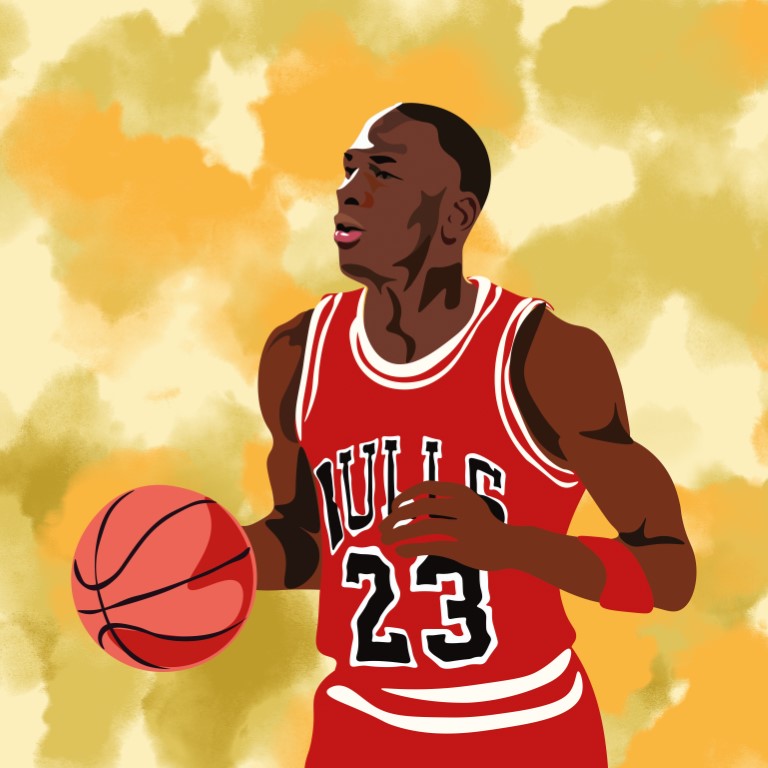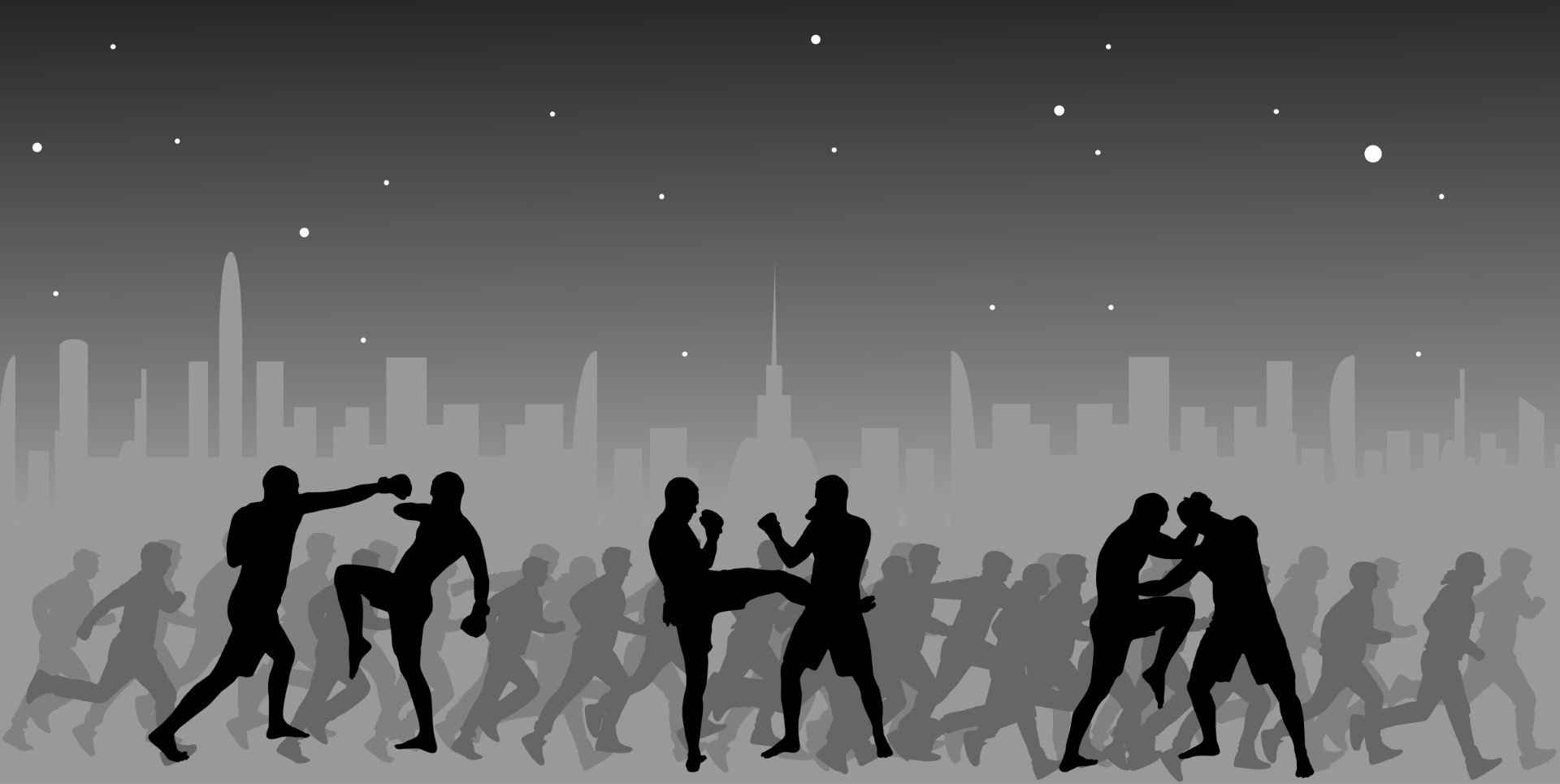
Can LeBron really top this?
By Mo Hussain, Sports Reporter
What some view as even more impressive is that Jordan managed to perform in an era where there were not as many rules enforced as there are today, which gave room for players to be more physical on defence.
The last time we approached this subject, we introduced the origins of the LeBron James versus Michael Jordan debate for the best basketball player in NBA history. And while James is the closest player to pose a threat to Jordan’s reign as the best to ever do it, let us make sure not to get too caught up with ourselves—to many, Jordan is still the best basketball player of all-time.
Statistically, he was a five-time NBA MVP, six-time NBA Finals MVP, led the league in scoring ten times, led the league in steals per game three times, was named to the NBA all-defensive first team nine times, was awarded Defensive Player of the Year in the 1987-88 season, was named NBA Rookie of the Year 1984-85, and was a six-time NBA champion. Jordan’s 30.12 points per game (which includes his late stint with the Washington Wizards after retiring for three years) leads the NBA with the highest points per game average in the league’s history; this includes players such as Bill Russell and Wilt Chamberlain, who put up very high numbers and played at a time when the league was in its relative infancy, and when there weren’t as many teams as there were in Jordan’s era.
Jordan also leads the NBA record books in player efficiency rating, a statistic that “sums up a player’s positive accomplishments, subtracts the negative accomplishments, and returns a per-minute rating of a player’s performance,” with 27.91. Jordan also managed to pull off two three-peats (two separate periods of time when he won three championships in a row) and never went to game seven in his entire NBA finals career.
Jordan’s record was definitely not an easy task considering the opposition. His finals opponents included the likes of the Los Angeles Lakers with Earvin “Magic” Johnson, the Portland Trail Blazers with Clyde Drexler, the Phoenix Suns with Charles Barkley as the reigning league MVP, the Seattle SuperSonics with Shawn Kemp and Gary Payton, and the Utah Jazz (twice) with the NBA’s second all-time leading scorer Karl Malone and the NBA’s all-time leader in assists, John Stockton.
Many use that NBA finals record as a testament to Jordan’s dominance, and him being in a position where he and the Chicago Bulls played at such a high level that no other team could topple them. What some view as even more impressive is that Jordan managed to perform in an era where there were not as many rules enforced as there are today, which gave room for players to be more physical on defence.
While there are some NBA players who might’ve been bigger, stronger, and arguably more athletic, many would agree that potential and physical attributes have no meaning unless they’re backed up by action. What matters most isn’t necessarily what’s expected, but what you are actually able to do on the floor. When one looks at what Jordan accomplished throughout his career, it’s harder to find someone whose resume can match up with his.
Although many can potentially refute some of the points brought up or feel that there could’ve been more that would’ve helped Jordan’s case, Jordan’s play and accomplishments throughout his NBA career set the standard for what many deem as the best in NBA history.
READ “The case for LeBron James being the best NBA player of all time” HERE!



